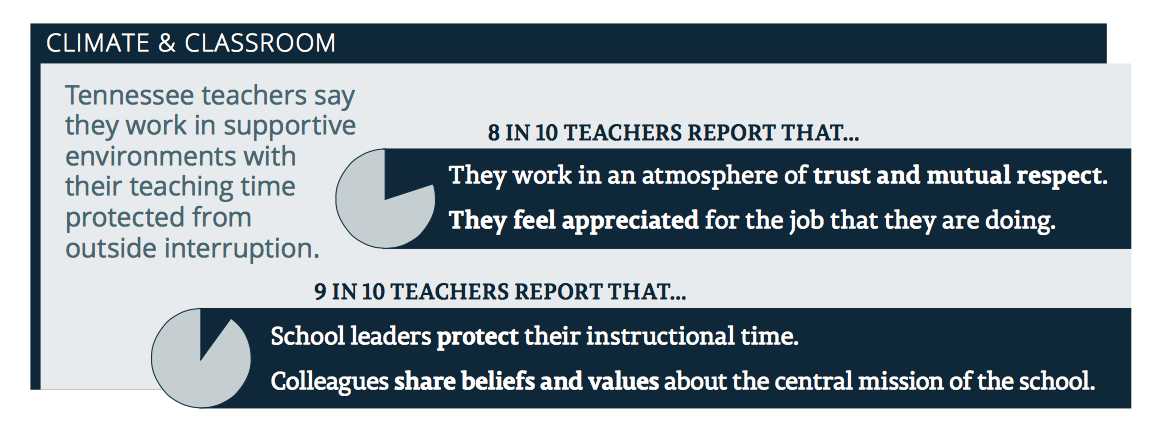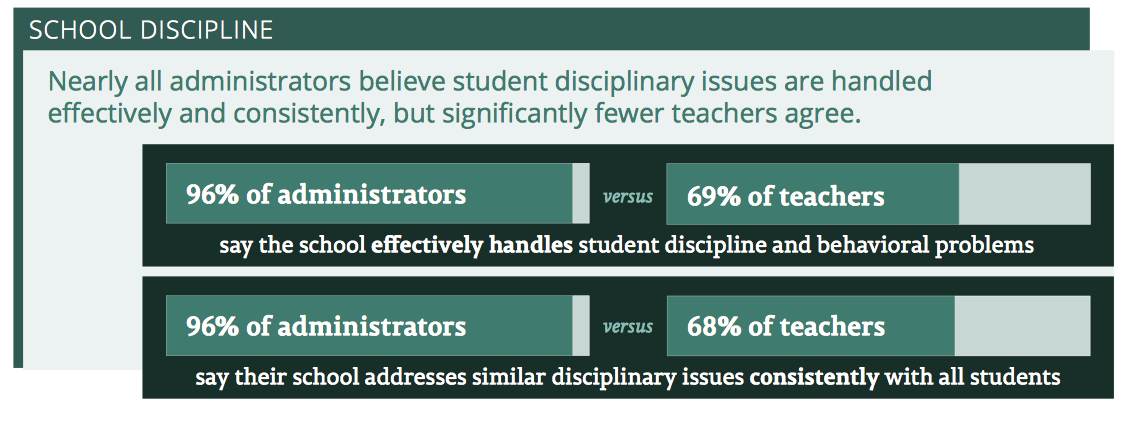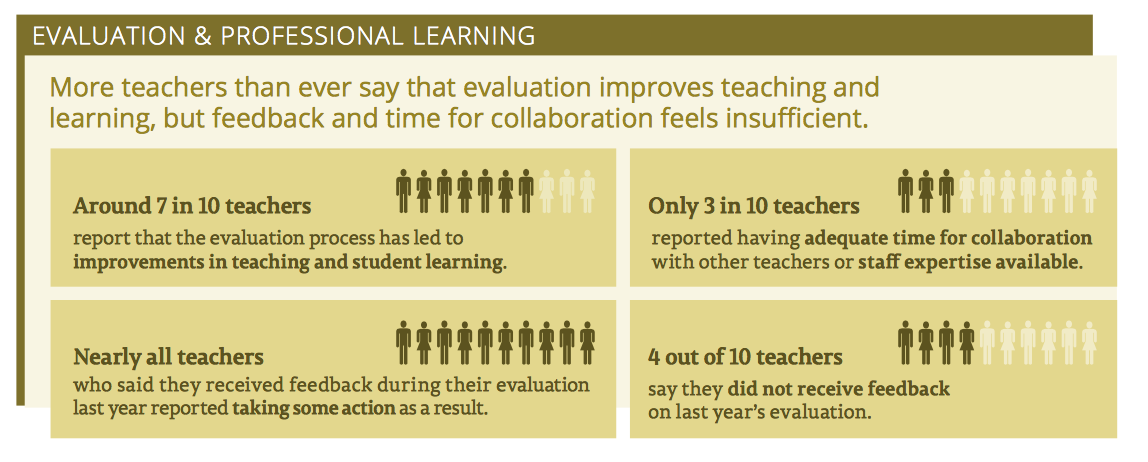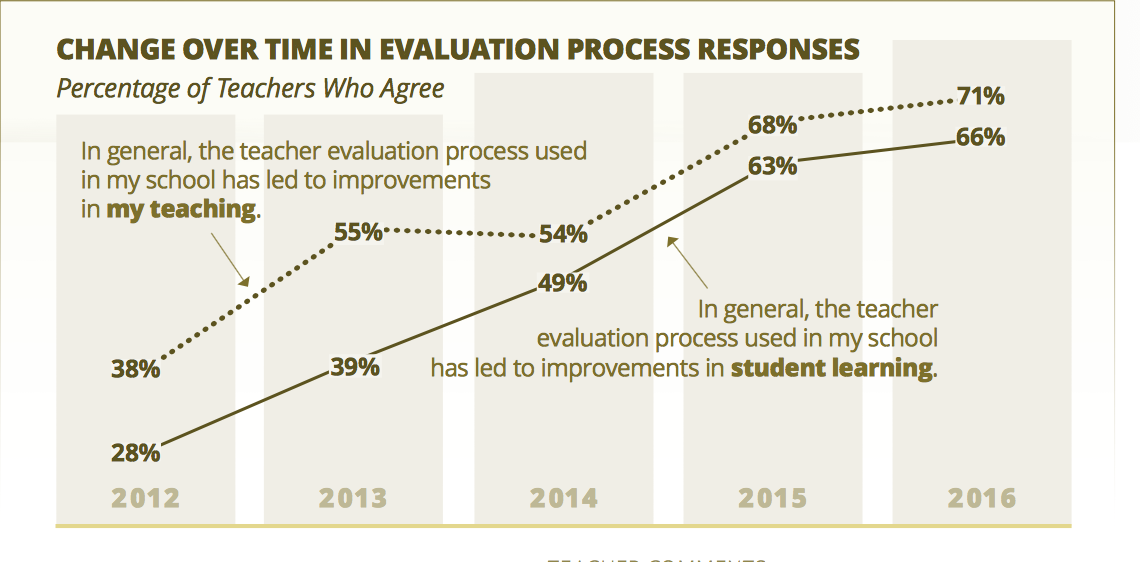The MNPS School Board unanimously approved a resolution calling for a one-year waiver of the use of TNReady/TCAP scores in both student grades and teacher evaluation. The request follows Knox County’s passage of a similar resolution earlier this month.
Here’s what I wrote about why that was the right move:
Right now, we don’t know if we have a good standardized test. Taking a year to get it right is important, especially in light of the frustrations of last year’s TNReady experience.
Of course, there’s no need for pro-achievement and pro-teacher folks to be divided into two camps, either. Tennessee can have a good, solid test that is an accurate measure of student achievement and also treat teachers fairly in the evaluation process.
To be clear, teachers aren’t asking for a waiver from all evaluation. They are asking for a fair, transparent evaluation system. TVAAS has long been criticized as neither. Even under the best of circumstances, TVAAS provides a minimal levelof useful information about teacher performance.
Now, we’re shifting to a new test. That shift alone makes it impossible to achieve a valid value-added score.
Now, two large Tennessee school districts are calling for a waiver from using test data in student grades and teacher evaluations. Will other districts follow suit? Will the General Assembly pay attention?
Here’s the text of the Nashville resolution:
WHEREAS, the Metropolitan Nashville Public Schools Board of Education is responsible for providing a local system of public education; and
WHEREAS, the State of Tennessee, through the work of the Tennessee General Assembly, the Tennessee Department of Education, the State Board of Education and local school boards, has established nationally recognized standards and measures for accountability in public education; and
WHEREAS, the rollout of the TNReady assessment in School Year 2015-2016 was a failure resulting in lost instructional time for students and undue stress for stakeholders; and
WHEREAS, due to the TNReady failure a waiver was provided for School Year 2015-2016
WHEREAS, a new assessment vendor, Questar, was not selected until July 6, 2016, yet high school students are set to take EOC exams from November 28-December 16; and
WHEREAS, there are documented errors on the part of Questar to administer similar assessments in New York and Mississippi; and
WHEREAS, score reports will be unavailable until Fall 2017; and
WHEREAS, Tennessee teachers will not be involved in writing test items for the assessment in School Year 2016-2017; and
WHEREAS, there is a reliance on using test items from other states, which may not align with Tennessee standards; and
WHEREAS, more than seventy percent of Metro Nashville Public School teachers do not produce individual TVAAS data; and
WHEREAS, the American Educational Research Association released a statement cautioning against the use of value added models, like TVAAS, for evaluating educators and using such data for high-stakes educational decisions;
NOW THEREFORE BE IT RESOLVED BY THE METRO NASHVILLE BOARD OF EDUCATION AS FOLLOWS:
The METRO NASHVILLE Board of Education opposes the use of TCAP data for any percentage of teacher and principal evaluations and student grades for school year 2016-2017 and urges Governor Haslam, Commissioner of Education Candice McQueen, the General Assembly and the State Board of Education to provide a one-year waiver.
For more on education politics and policy in Tennessee, follow @TNEdReport




